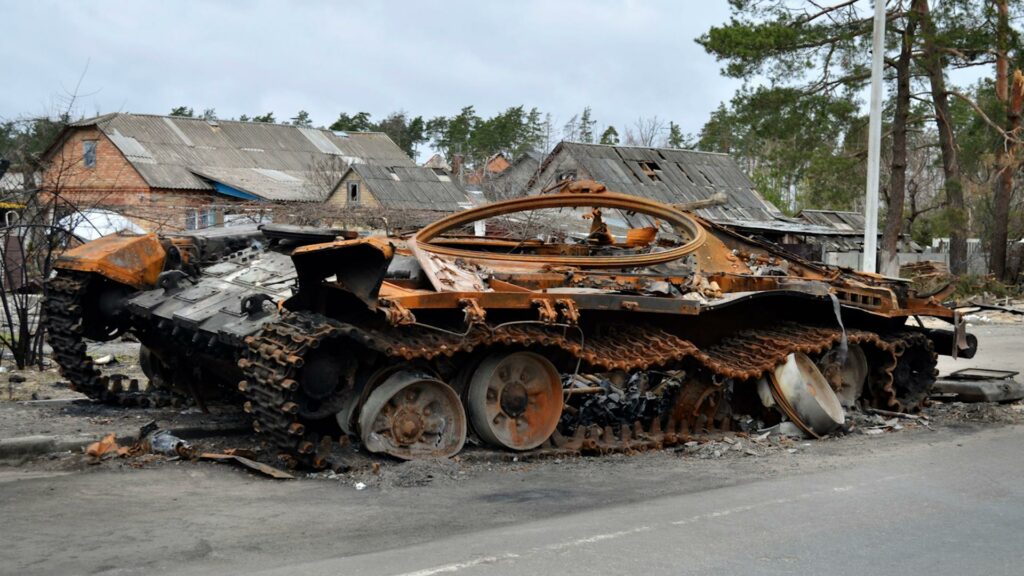After a lengthy hiatus, the United States has made the decision to resume the sales of offensive weapons to Saudi Arabia. This move comes amid escalating tensions in the Middle East and raises questions about the US’s role in the region. Let’s delve into the details of this controversial decision and its potential implications.
Implications of US decision to resume weapons sales to Saudi Arabia
The decision by the US to resume offensive weapons sales to Saudi Arabia after a lengthy ban has significant implications for both countries and the region as a whole. This move has sparked debates and raised concerns regarding the potential impact on the ongoing conflict in Yemen, as well as the broader Middle East geopolitical landscape.
Some of the key implications of this decision include:
- Increased military capabilities: The resumption of weapons sales will undoubtedly enhance Saudi Arabia’s military capabilities, potentially escalating the conflict in Yemen and leading to further human suffering.
- Geopolitical tensions: The move could strain US relations with other regional players, such as Iran, and may have ripple effects on other conflicts in the Middle East.
Concerns raised by human rights organizations
Human rights organizations have raised serious concerns following the United States’ decision to resume offensive weapons sales to Saudi Arabia, after a lengthy ban. The move has sparked outrage among activists who fear the weapons will be used to commit further human rights violations in the war-torn region.
Amnesty International and Human Rights Watch have both condemned the decision, emphasizing the need for strict oversight to ensure that the weapons are not used to target civilians or perpetuate the conflict. The organizations are calling on the US government to prioritize human rights and peace in the region, rather than profits from arms sales.
Considerations for ensuring accountable arms sales policies
When considering accountable arms sales policies, it is crucial to take into account the potential implications of resuming offensive weapons sales to countries like Saudi Arabia. This decision by the US to restart such sales after a lengthy ban raises concerns about the impact on human rights, regional stability, and the possibility of further fueling conflicts in the Middle East. It is essential for policymakers to carefully weigh the risks and benefits of such decisions, ensuring that arms sales are conducted in a responsible and transparent manner.
One key consideration is the need for robust monitoring and oversight mechanisms to track the use of weapons sold to foreign governments. This includes ensuring compliance with international humanitarian law, preventing diversion to unauthorized entities, and holding accountable those responsible for any violations. Additionally, promoting dialogue and cooperation with partner countries to establish clear guidelines and principles for arms sales can help prevent misuse and contribute to greater transparency in the global arms trade.
Potential impacts of increased arms sales on regional stability
Increased arms sales to Saudi Arabia by the US could have significant impacts on regional stability in the Middle East. The influx of offensive weapons in the region could potentially escalate ongoing conflicts and lead to a dangerous arms race among neighboring countries. This could further destabilize the already volatile political landscape in the region.
With the resumption of arms sales to Saudi Arabia, concerns over human rights violations and civilian casualties in Yemen have been reignited. The use of US-made weapons in the conflict could prolong the devastating war and exacerbate the humanitarian crisis in the country. Additionally, the arms sales could embolden Saudi Arabia and its allies, leading to a more aggressive foreign policy stance that may further exacerbate tensions with Iran and other regional powers.
Closing Remarks
the decision to resume offensive weapons sales to Saudi Arabia marks a significant shift in US foreign policy. While this move may draw criticism from some quarters, it also underscores the complex geopolitical dynamics at play in the Middle East. As the situation continues to evolve, it is imperative for all parties involved to prioritize diplomatic solutions and ensure the stability and security of the region. Let us hope that future decisions will be guided by a commitment to peace and cooperation. Thank you for reading.


